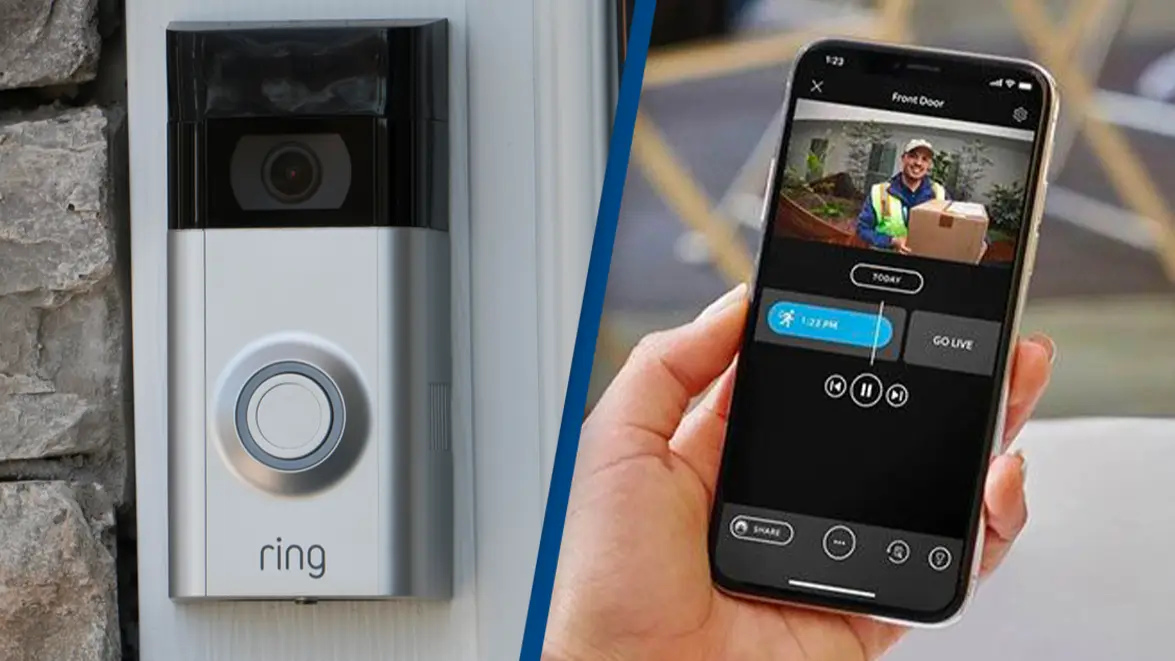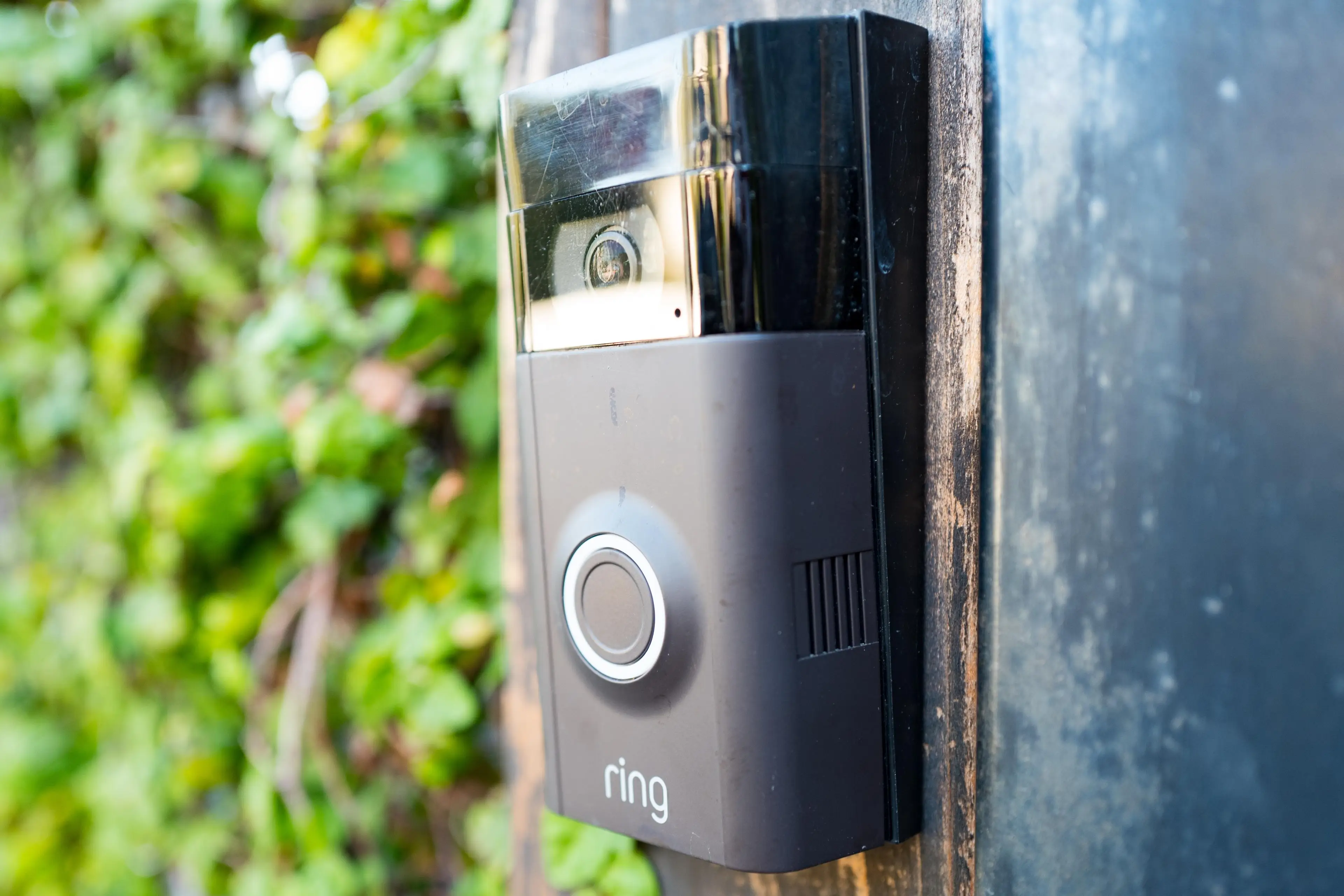
Amazon's doorbell company Ring has confirmed it can send footage recorded from customers' doorsteps to police without having consent from the owner.
With the help of their built-in cameras, Ring doorbells allow customers to see who's at their front door without having to open it, as well as recording footage for users to look back at later.
Amazon commented on the use of this footage in a letter sent to United States senator Edward Markey earlier this month, in which it responded to questions raised by the senator.

Advert
The letter, which was released by Markey's office last week, explained that Ring makes its own 'good-faith determinations' regarding whether surveillance data caught by its cameras should be shared with law enforcement without a warrant or consent of the owner.
Ring 'reserves the right to respond immediately to urgent law enforcement requests for information in cases involving imminent danger of death or serious physical injury to any person', the letter explained, and described 11 cases in which Ring has shared footage without consent this year alone.
In each case Ring determined the police requests met its 'imminent-danger' requirement and therefore handed over the footage 'without delay', the letter said.
Written by Amazon's VP of Public Policy, Brian Huseman, the letter further explained that Ring requires police to fill out an 'emergency request form' if circumstances require them to bypass the normal process, and that the company currently partners with 2,161 law enforcement agencies and 455 fire departments that can request the data.
In a statement to UNILAD, the company said: "It’s simply untrue that Ring gives anyone unfettered access to customer data or video, as we have repeatedly made clear to our customers and others. Ring reserves the right to immediately respond to government entities if the company believes that an emergency involving danger of death or serious physical injury to any person, such as a kidnapping or an attempted murder, requires disclosure without delay."
As well as discussing the usage of Ring's footage, the letter touched on Ring's use of audio and denied to ensure it would never use voice recognition technology in its doorbells.
Ring also rejected Markey's request asking that the cameras stop recording audio by default when they take video footage.
In a statement addressing the matter, Markey commented: "As my ongoing investigation into Amazon illustrates, it has become increasingly difficult for the public to move, assemble, and converse in public without being tracked and recorded.
"We cannot accept this as inevitable in our country. Increasing law enforcement reliance on private surveillance creates a crisis of accountability, and I am particularly concerned that biometric surveillance could become central to the growing web of surveillance systems that Amazon and other powerful tech companies are responsible for."
Ring explains that customers who subscribe to Ring Protect can themselves choose to share their videos and photos with other parties, including local police.
If you have a story you want to tell, send it to UNILAD via [email protected]
Topics: Amazon, US News, Technology